INTRODUCTION
PLETOZ 100MG contains Cilostazol which belongs to a group of medicines called phosphodiesterase type 3 inhibitors. It has several actions which include widening of some blood vessels and reducing the clotting activity (clumping) of some blood cells called platelets inside your vessels. It is usually prescribed for intermittent claudication. Intermittent claudication is the cramp-like pain in your legs when you walk and is caused by insufficient blood supply in your legs.
Cilostazol helps in increasing the distance you can walk without pain since it improves the blood circulation in your legs. It is only recommended for patients whose symptoms have not improved sufficiently after making life-style modifications (such as stopping smoking and increasing exercise) and after other appropriate interventions. This medicine is not suitable for children and adolescents.
USES OF PLETOZ 100MG
- Reduces the of symptoms of intermittent claudication as indicated by an increased walking distance
HOW PLETOZ 100MG WORKS
Cilostazol belongs to a class of medications called platelet-aggregation inhibitors (antiplatelet medications) which works by improving blood flow to the legs. It exerts its action by inhibiting phosphodiesterase activity and suppressing cAMP degradation. The inhibition of PDE3 allows for a rise in cAMP in platelets and blood vessels.
DIRECTIONS FOR USE
Always take PLETOZ 100MG exactly as your doctor has directed you. It usually comes as a tablet to take by mouth. It is usually taken twice a day. It should be taken 30 minutes before breakfast and the evening meal. Follow the directions on the label before use.
SIDE EFFECTS OF PLETOZ 100MG
COMMON
- Headache
- Abnormal stools
- Diarrhoea
- Dizziness
- Heart burn
- Nausea
RARE
- Tendency to bleed for longer than usual
- Increase in the platelets in the blood
- Problems with the kidneys
Related Product
HOW TO MANAGE SIDE EFFECTS
Feeling sick (nausea) or indigestion:
Stick to simple meals and do not eat rich or spicy foods.
Headache:
Rest and drink plenty of fluids. Ask your doctor to recommend a painkiller.
Drowsiness or dizziness:
Get up and move around to feel awake, take small naps to edge off the sleepiness. Give your eyes a break to avoid fatigue and eat a healthy food to boost energy.
Diarrhoea:
Drink plenty of fluids to avoid dehydration. ORS should be used to prevent dehydration.
WARNING & PRECAUTIONS
PREGNANCY
PLETOZ 100MG is not recommended for use in pregnant women unless necessary. Discuss the risks and benefits with your doctor.
BREASTFEEDING
PLETOZ 100MG is not recommended for use in breastfeeding women unless necessary. Discuss the risks and benefits with your doctor.
DRIVING AND USING MACHINES
PLETOZ 100MG may cause dizziness. Do not drive or handle any machines while taking this medicine.
KIDNEY
PLETOZ 100MG is not recommended in patients with severe kidney disease. Consult your doctor for advice.
LIVER
PLETOZ 100MG is not recommended in patients with severe liver disease. Consult your doctor for advice.
ALLERGY
Do not take if you are allergic (hypersensitive) to Cilostazol or any other ingredients in this medicine.
HEART DISEASE
PLETOZ 100MG is not recommended in patients with severe heart disease. Consult your doctor for advice.
OTHERS
Tell your doctor, if you have a condition which increases your risk of bleeding or bruising, such as,
- Active stomach ulcers
- Stroke
- Problems with your eyes if you have diabetes
- Uncontrolled blood pressure
INTERACTIONS
Tell your doctor if you are taking or have recently taken any other medicines, including medicines obtained without a prescription or the following:
- Acetylsalicylic acid (aspirin)
- Clopidogrel
- Anticoagulant medicines (e.g., heparin, warfarin, dabigatran, rivaroxaban, apixaban or low molecular weight heparins)
- Antibiotics (such as erythromycin, clarithromycin or rifampicin).
- Ketoconazole (medicines used to treat fungal infections)
- Omeprazole (used to treat excess acid in the stomach)
- Diltiazem (to treat high blood pressure or chest pain)
- Cisapride (to treat stomach disorders)
- Medicines used to treat high cholesterol in the blood (such as lovastatin, simvastatin or
- Atorvastatin)
- Halofantrine (to treat malaria)
- Protease inhibitors (used to treat HIV infection)
- Pimozide (to treat mental illnesses)
- Ergot derivatives (to treat migraine, e.g. ergotamine, dihydroergotamine)
- Medicines used to treat convulsions (such as carbamazepine or phenytoin)
- Medicines for high blood pressure

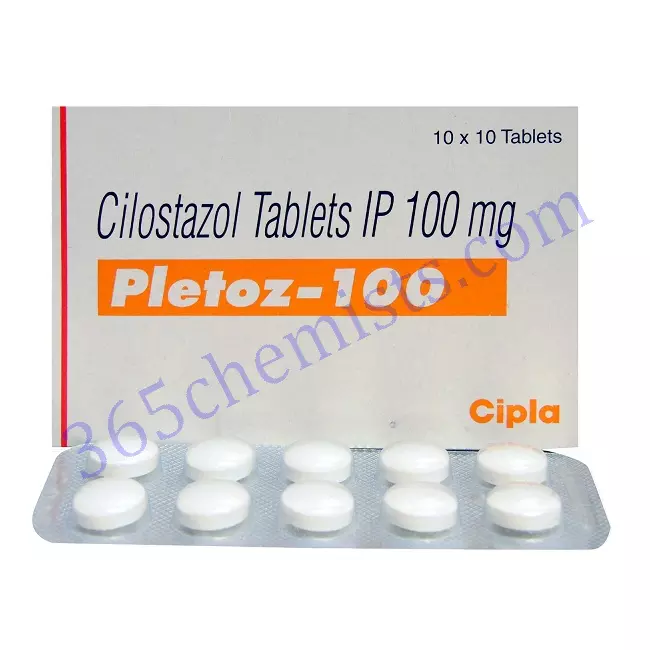

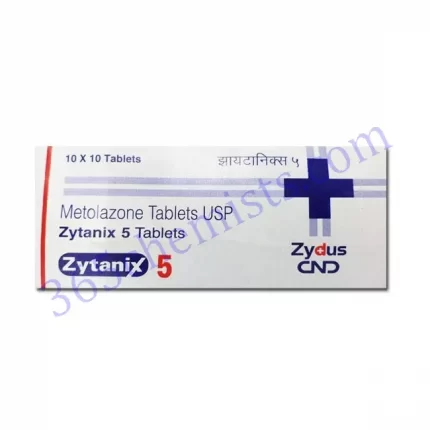
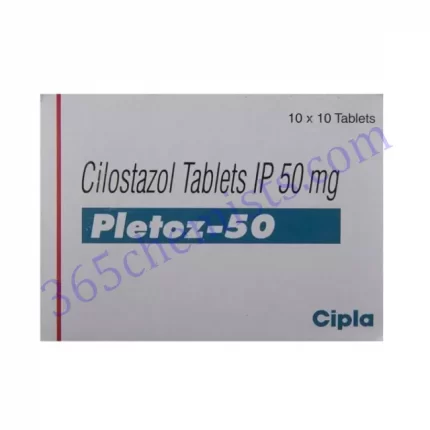



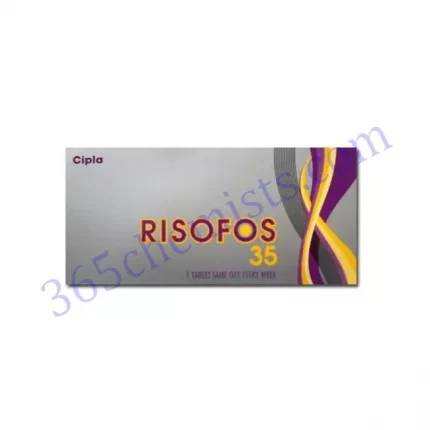


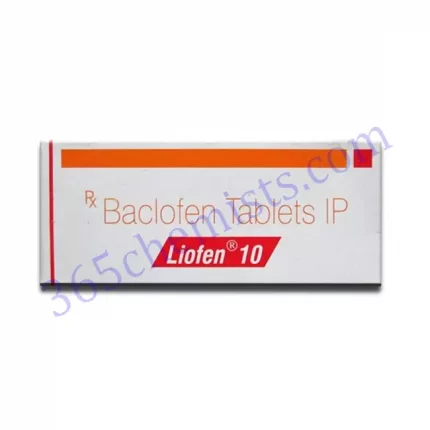
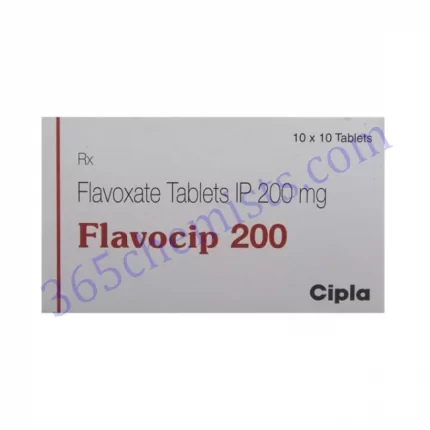
Reviews
There are no reviews yet.